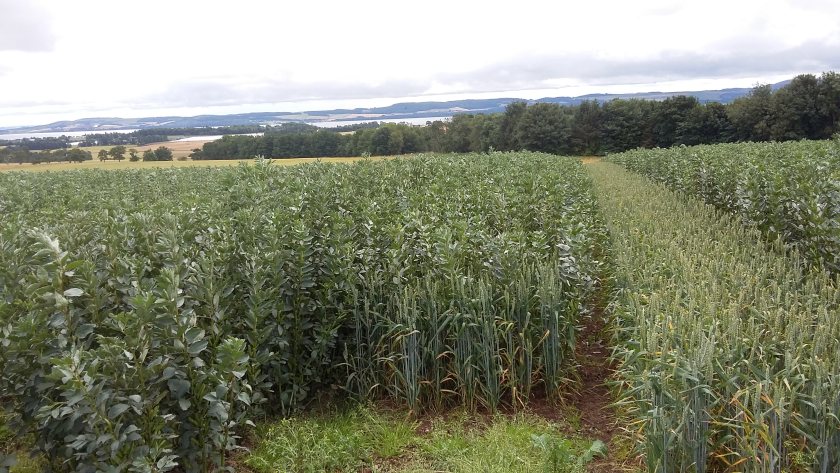
Scientists at the James Hutton Institute are seeking input from farmers for new trials that aim to measure legume-related benefits.
The project, which has been awarded over £5 million, aims to provide evidence for the benefits of legume crops, such as peas, beans and clover.
It seeks to address key challenges in modern agriculture by focusing on the environmental, economic and social benefits of legume crops.
Scientists are promoting legume cultivation as a solution to reduce dependence on synthetic nitrogen fertilisers, lower emissions, improve soil health and create more diverse cropped systems.
Additionally, the project aims to enhance biodiversity and strengthen rural communities by providing alternative economic opportunities through legume-based agriculture.
The research is spanning many European regions, ensuring that diverse ecological and agricultural contexts are studied.
At the end of the trials, researchers are hoping to deliver practical solutions that contribute to agricultural sustainability, while informing policy and governance options.
Farmers in the UK can register their interest by emailing legumES@hutton.ac.uk. Financial support and trial guidance will be provided.
Professor Pete Iannetta, of the James Hutton Institute said: "The project looks beyond how legume crops such as peas, beans or clover may be included in crop rotations.
"It also examines how legume crops might mitigate the impacts that are already being experienced from climate change and biodiversity loss – including crop biodiversity loss - and their effects on nutritional security."
Dr Alison Karley, who is leading the farm trials, said the project had an aim to quantify the environmental and socio-economic benefits of legumes from data gathered on-farm.
"We hope that working with farmers to run trials will provide much needed evidence of these benefits and help identify options for promoting the growing and consumption of legume products.
"The findings will hopefully inform policy and practice solutions".
The four-year project was awarded 6.2 million euros (£5.1m) from the European Commission and the governments of Switzerland and the UK.
